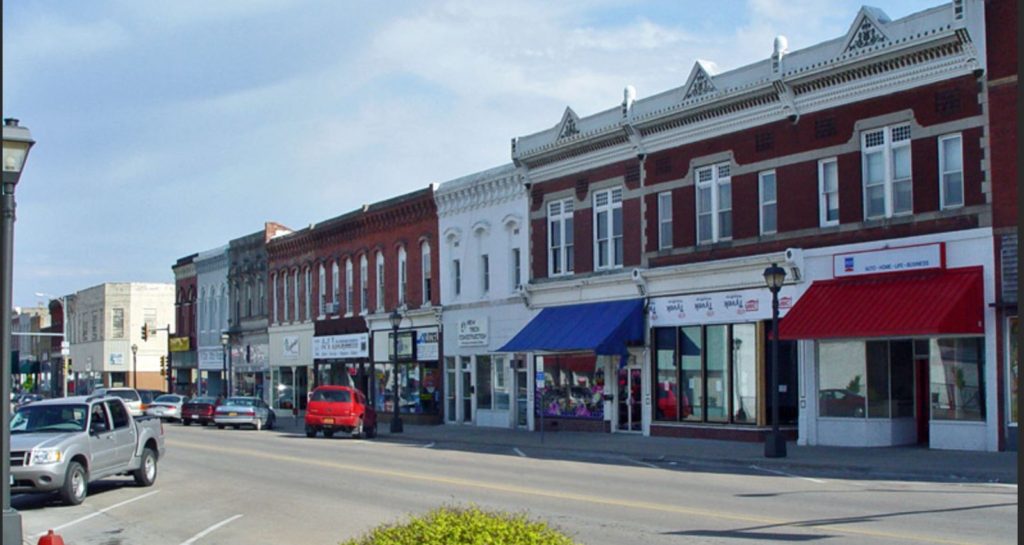We’re currently docked in Nebraska City, NE. It’s a small town near the Southeastern Nebraska/Iowa border. It’s a pleasant little town of over 7000 people and has assessible highways in both directions. Not so much at the moment, as there is considerable flooding on the Missouri River that is the marker for the Nebraska/Iowa border. Highway 2, which runs East to West, is currently washed out at the state line. There’s a number of detours to get you around where you need to go, but the flooding is significant and the people of this little town are working harder than usual to survive.

There’s a lot of farmers and subsequently, farm land that is part of the area, but with climate change, less of the younger population want to go into farming. Flooding is getting worse each year, so most local kids are working with the goal to get to a larger city. With a town of 7000, you might think there’d be more to keep local business opportunities to keep them here, but that changed with the introduction of Walmart.
When we arrive in a new location, I’ve already checked out what options I have for groceries and other needs. What I notice about smaller towns when there’s a Walmart, is that all the other local stores can’t compete. Grocery stores, clothing retailers, furniture, etc. owned by the local residents all disappear. A few restaurants continue, but most other businesses close up shop outside of ones that provide a service. Where a auto repair might make more money to help sustain it by selling parts and such, they have difficulty competing with Walmart that either has the product in it’s superstore or the product can be bought online, impacting their ability to sustain. Same with other retailers. Due to this, there are only a few options for locals in the way of jobs. Since very few can go into business for themselves, they are left working in the service industry or at the local Walmart. The salaries aren’t going to offer them much in the way of growth or opportunities, so they have a choice, move out of the town to a city that has the ability to compete or be satisfied with the little there is.
Its a catch-22 for most of these towns, too- a local business would have a difficult time providing the selection, shipping and prices of a Walmart, but to accept one in your town can also be the kiss-of-death for all local businesses, (and in the long-run) the town. On my last trip to Europe, one of the differences I noted was how many people owned a business and how many individual shops there were when big-box retailers didn’t exist. The convenience of them makes you forget the larger cost of having them in your community.